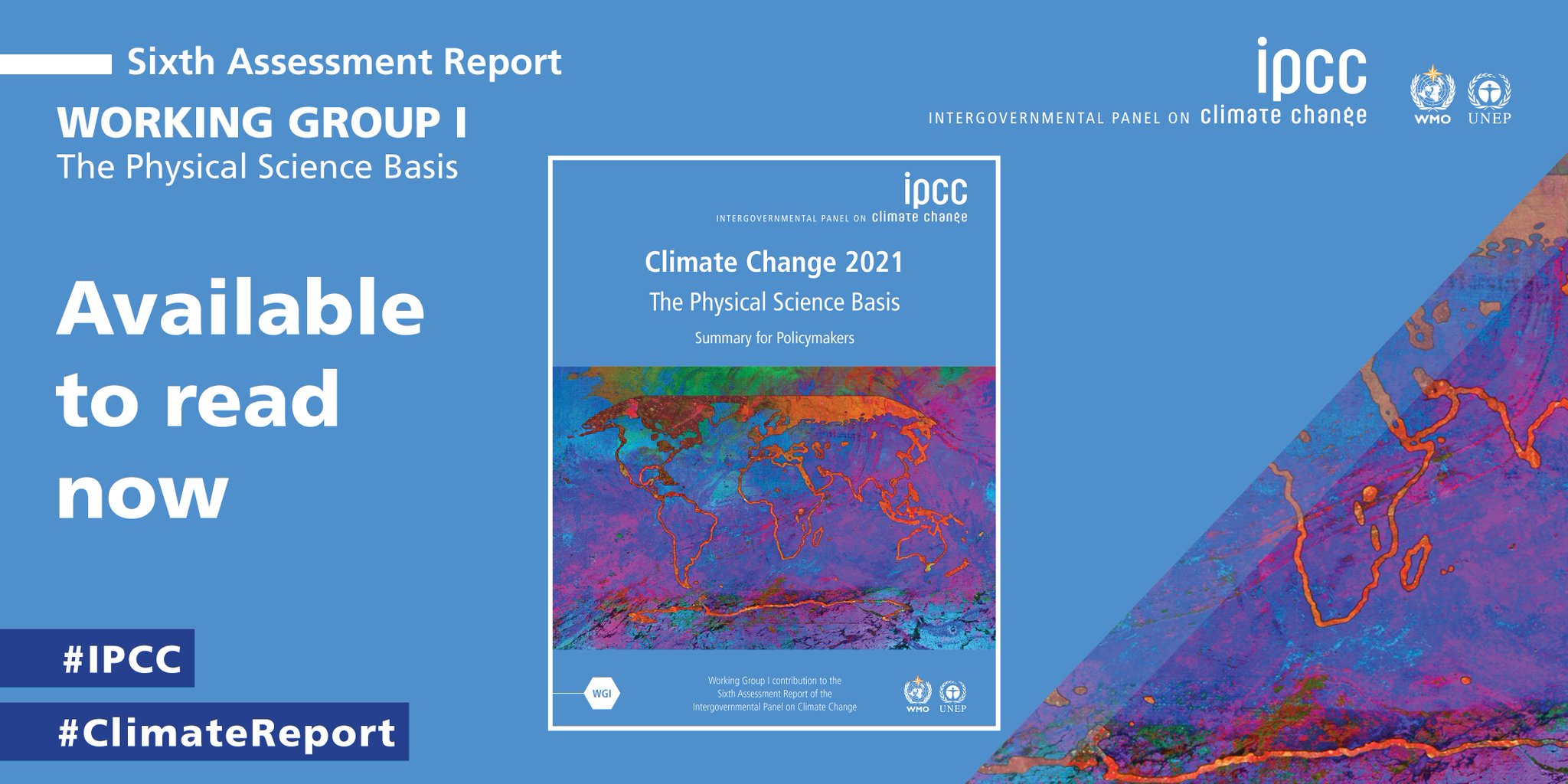
This week we have seen Australia scrambling to evacuate our citizens from Kabul in Afghanistan along with interpreters and security staff who helped Australians during the last 20 years. It’s clearly been a difficult and dangerous task to undertake in the current circumstances but our government’s tardiness and flip-flops on visas haven’t helped. Our offer to take in 3,000 refugees from Afghanistan sounds reasonable at first blush, but not when compared to historical precedents.
After World War 2, Australia accepted some 100,000 refugees/migrants from Europe every year for 15 years. After the Vietnam War ended, we took 8,000 refugees per year for 10 or more years. We accepted 40,000 refugees from Kosovo and 12,000 from Syria. There is a trend here. Australia has steadily become less compassionate and less generous. Our language reflects our hardening actions. Asylum seekers are now ‘illegals’ and our Immigration Department has become Australian Border Force. We claim to be the land of the fair go but we have closed our hearts to the needs of the vulnerable seeking hope and a new life in our midst. I have witnessed first-hand the effects of our cruel policy of indefinite detention of asylum seekers. Yet Scripture is unambiguous. We are called to love the foreigner in our midst, because God’s people have known what it’s like to be foreigners and to be oppressed. Jesus calls us to feed the hungry and to welcome the stranger. Sadly, these Scriptures are ignored by our Christian Prime Minister who himself oversaw the ring of steel placed around Australia in 2014, supposedly to protect our borders (who remembers Operation Sovereign Borders?). Please pray that our political leaders would become more compassionate and that the Australians who vote for them might also be more empathetic and kind to the plight of refugees.



